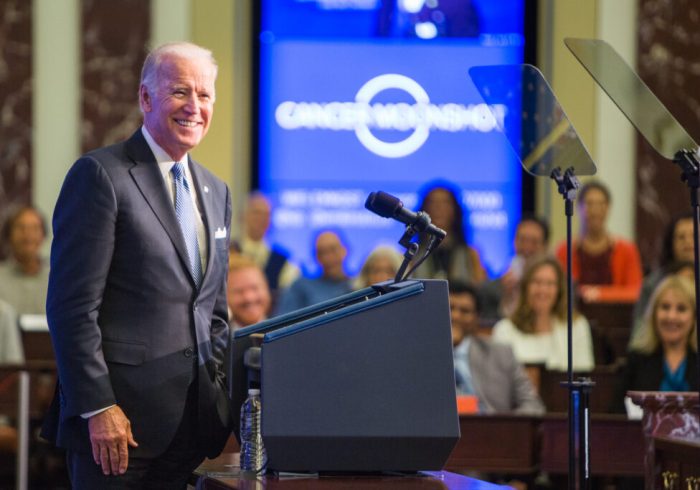The University of Iowa has recently announced its plans to challenge the suspension of one of its players for alleged violations related to sports betting. The university’s decision comes after the player was suspended indefinitely by the NCAA, the governing body for college athletics in the United States.
The player in question, whose identity has not been disclosed, is accused of participating in sports betting activities, which is strictly prohibited by the NCAA. The organization has implemented strict rules and regulations to maintain the integrity of college sports and to prevent any potential corruption or unfair advantages.
While the University of Iowa acknowledges the seriousness of the allegations, it believes that the punishment imposed on the player is too severe. The university argues that the player did not engage in any form of match-fixing or point-shaving, which are considered more serious offenses. Instead, they claim that the player’s involvement in sports betting was limited to placing bets on professional sports events.
The university’s decision to challenge the suspension is based on several factors. Firstly, they argue that the NCAA’s rules regarding sports betting are outdated and need to be revised to reflect the changing landscape of gambling in the United States. With the recent legalization of sports betting in several states, including Iowa, there is a growing acceptance of this activity among the general public.
Furthermore, the university contends that the player’s suspension should be proportionate to the offense committed. They argue that an indefinite suspension is excessive and could potentially harm the player’s future prospects in both academics and athletics. Instead, they propose a more lenient punishment, such as a temporary suspension or probationary period, coupled with educational programs on responsible gambling.
The University of Iowa’s decision to challenge the player’s suspension has sparked a broader debate about the NCAA’s stance on sports betting. Critics argue that the organization’s strict regulations are out of touch with the current societal norms and fail to consider the potential benefits of embracing this form of entertainment.
Proponents of revising the NCAA’s rules argue that regulated sports betting can actually help combat illegal gambling and corruption. By bringing sports betting out of the shadows and into a regulated environment, it becomes easier to monitor and detect any suspicious activities. Additionally, the revenue generated from legal sports betting could be used to support college athletics programs and provide additional resources for student-athletes.
It remains to be seen how the University of Iowa’s challenge will unfold and whether it will lead to any changes in the NCAA’s policies on sports betting. Regardless of the outcome, this case highlights the need for a comprehensive review of the regulations surrounding sports betting in college athletics. As the landscape continues to evolve, it is crucial for governing bodies to adapt their rules accordingly to ensure fairness and integrity in collegiate sports.




